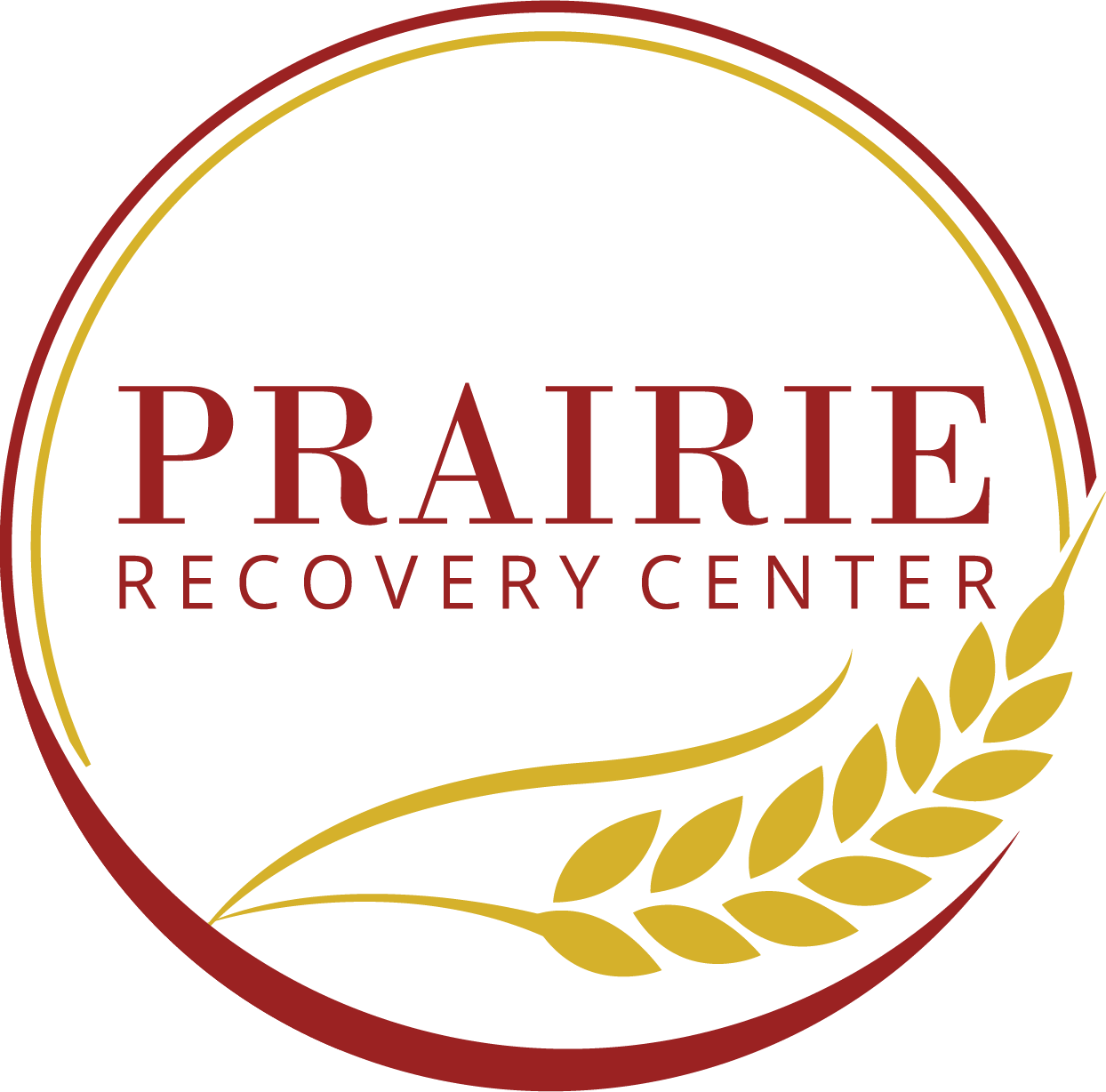 One of the most commonly used therapy programs in addiction treatment is cognitive-behavioral therapy (CBT). This type of therapy helps people to uncover the underlying causes of addiction and develop healthy coping strategies to help them going forward.
One of the most commonly used therapy programs in addiction treatment is cognitive-behavioral therapy (CBT). This type of therapy helps people to uncover the underlying causes of addiction and develop healthy coping strategies to help them going forward.
For an effective cognitive-behavioral therapy program in North Dakota, rely on the team at Prairie Recovery Center. Our team has years of experience administering cognitive-behavioral therapy treatment in North Dakota for people ready to make a positive change in their lives. If you or someone you care about is ready to explore our CBT program in North Dakota, reach out to our friendly Prairie Recovery Center team today by calling 701-597-3419 or filling out our online contact form.
What Is Cognitive-Behavioral Therapy?
Cognitive-behavioral therapy is based on changing negative core beliefs and thought patterns into positive ones. Many studies have been performed on the use of CBT as a primary and adjuvant therapy for psychiatric disorders and substance abuse. A cognitive-behavioral therapy program tends to be the main component of treatment for clients because of its effectiveness. By combining this option with other addiction therapy programs, clients receive the help they need to get back on track.
CBT is a time-sensitive, structured, present-oriented psychotherapy based on the cognitive model. Emotional and mental problems can cause normal information-processing abilities to break down due to a consistently negative bias introduced into thinking, thereby perpetuating an ongoing cycle of negativity. The therapeutic approach used in cognitive-behavioral therapy helps people learn to look at things from a fresh perspective and incorporate newly learned behaviors into daily living.
How CBT Helps

Benefits of Cognitive-Behavioral Therapy
CBT helps clients identify negative thoughts and emotions, assess past responses, and develop and evaluate more productive and positive solutions to use moving forward. A cognitive approach enables people to change how they think, feel, and react, even when challenging life situations or triggers exist.
Benefits of cognitive-behavioral therapy include:
- Improved relationships
- Addiction relapse prevention
- Decreased anger, anxiety, and depression
- Coping mechanisms for grief and loss
- Enhanced management of chronic pain
- Improved methods for overcoming trauma
- Resolved sleep disorders
The Cognitive-Behavioral Therapy Program at Prairie Recovery Center
Choose Prairie Recovery Center for CBT in North Dakota
At Prairie Recovery Center, our cognitive-behavioral therapy program in North Dakota provides an opportunity for people to explore the underlying causes of their addiction and find inner strength they might not know they possess. For more information about how our cognitive-behavioral therapy program in North Dakota can be the catalyst for long-lasting recovery, reach out to Prairie Recovery Center today at 701-597-3419 or fill out our online contact form.

